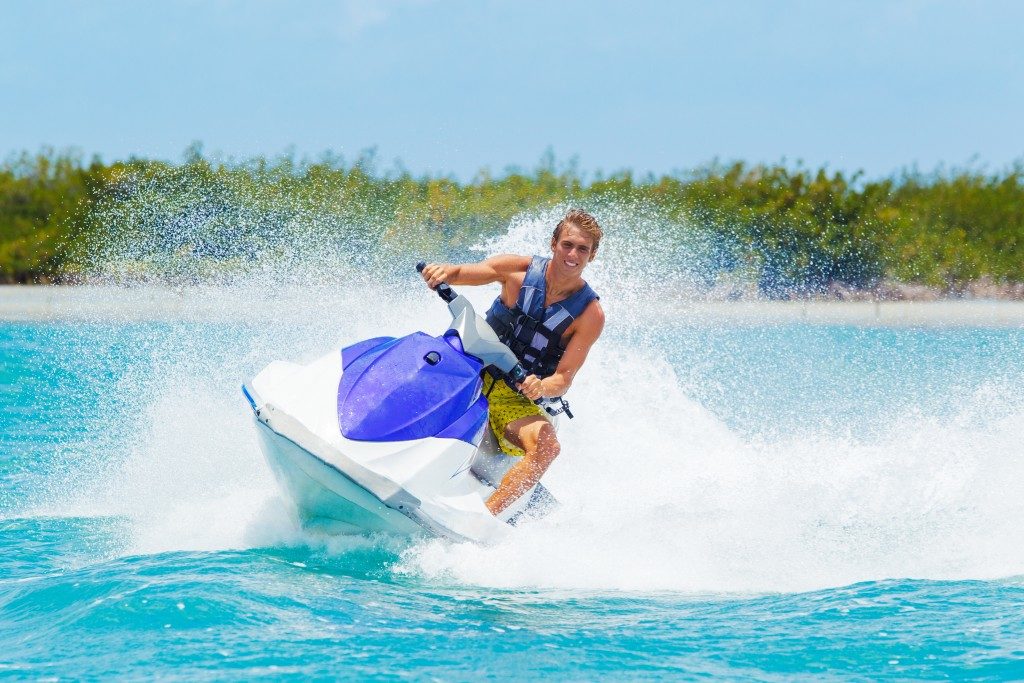There are many outdoor activities to keep you occupied and active. A lot of beach enthusiasts get excited when the temperature goes up. They enjoy wakeboarding all day long without getting exhausted. If you don’t have proper precautions in every activity you’ll do, it may result in a severe injury. But you will always have confidence if you know the best orthopedic surgeon in Provo, Utah or any other metropolitan area.
Find out how you can protect yourself when you opt to do wakeboarding, tubing, and water skiing.
Water Sport Injuries
- Strains and sprains on the lower extremities
- Lacerations to the head
- Tensions and sprains to the neck and head
- Concussion
- Anterior Cruciate Ligament (ACL) injury
An ACL injury occurs when you do spirited activities that entail sudden stops and changes in direction. These activities include basketball, soccer, volleyball, tennis, and of course, water sports.
Doing Water Skiing for the First Time
If you are a beginner in water skiing, you must be assisted by a skilled water skier. Study the hand signals and pay attention to your skier and boat operator. Follow the signal diagram by heart. Even those who have been water skiing for years tend to forget some of them, so take the time to refresh yourself on the signals.
What You Should Know

Injuries are not only happening to inexperienced individuals. If you are an active person, musculoskeletal injuries occur due to a lot of factors. According to observations, those who suffer from water sports injuries are comprised of both novice and advanced adventurers.
For some people, tubing is a harmless activity because there’s an inflatable tube being pulled by a boat. But according to the study, it brings the same danger level as any other water sports— wakeboarding, water skiing, and the like.
How You Can Safeguard Yourself in Water Sports
- Staying hydrated is crucial. You can make your muscles work better when they are not dehydrated. When your body encounters a lack of water, you will experience muscle tears, strains, and cramping. To avoid these discomforts, always bring electrolyte beverages in every adventure.
- When people reach the beach, they usually take the plunge immediately. Do you know that your muscles need to be conditioned before you start doing an active sport? Always remember to do some stretching before doing the activity because it increases your range of motion. Stretching can help you avoid muscle strains and injuries.
- Even advanced swimmers can become fatigued when in water. So, to be secure, always wear a life jacket whenever you are in the water for your protection. According to U.S. Coast Guard, those who ride a boat, do jet skiing, and the like must wear life jackets for complete safety.
- Assess your limitations. All sports require training. You should determine your boundary — know when to stop to avoid getting strained. Take a break, especially if you feel discomfort in your body.
- Concussions usually occur when the person has no protective headgear, especially when the person is into water sports. Always protect yourself when in water by wearing the right helmet.
You can always have fun in the water, especially during the summer. Keep the essential pointers mentioned above to have an exciting and safe adventure at the beach.


